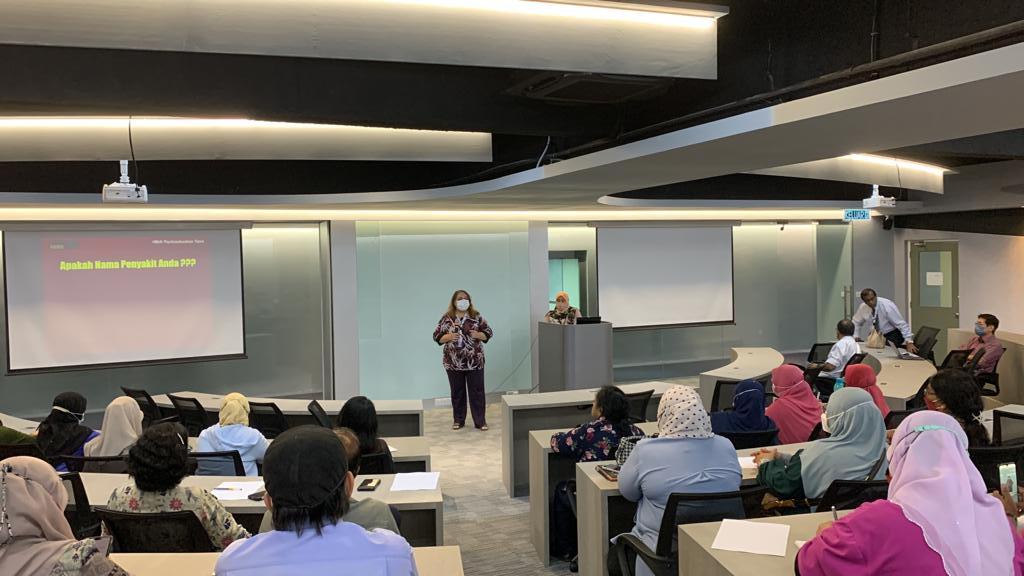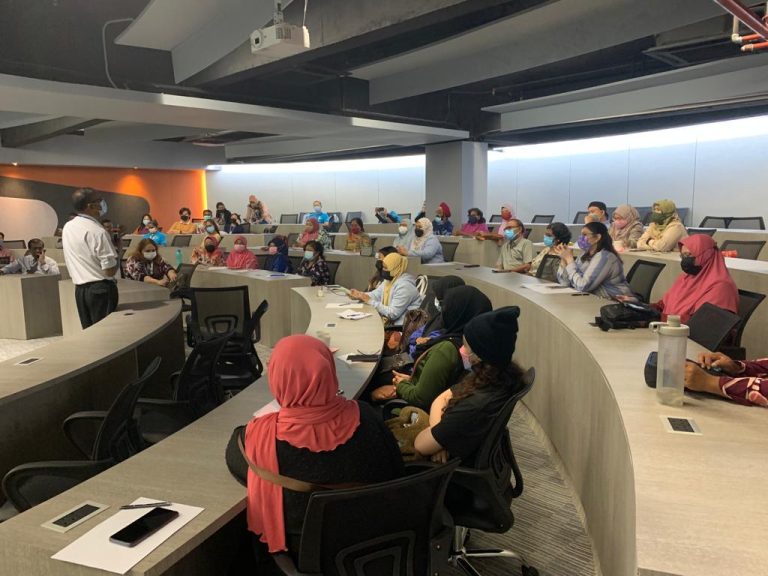In the words of attorney, author and former US First Lady Michelle Obama, there is still a problem with the way we view mental health.
“When it comes to mental health conditions, we often treat them differently from other diseases like cancer, diabetes or asthma. And that makes no sense. Whether an illness affects your heart, your leg or your brain, it’s still an illness, and there should be no distinction. Because we know that mental health is just as important to our overall well-being as our physical health.”
obamawhitehouse.archives.gov
As a firm supporter of mental health awareness and its role in the United Nations’ Sustainable Development Goals (SDG), QIU regularly organises events to raise awareness of mental wellness and break existing societal stigmas.
Continuing this initiative, the university recently hosted a Psychoeducation Workshop on campus, targeting caregivers and members of the community.
Organised by the Faculty of Medicine and Health Services and QIU’s SDG Steering Committee in collaboration with the Perak state Women’s Development Department, the workshop saw participants joining from Ipoh and Taiping. The workshop addressed SDG 3 (Good Health and Wellbeing).


Themed “Elevating Mental Health Awareness in the Community“, the workshop featured three of our expert speakers from the Faculty of Medicine and Health Science’s Department of Psychological and Behavioural Medicine, including:
- Prof Dr Bilbir Kaur Chingara Singh: Understanding Your Illness // Avoiding Relapses
- Assoc. Prof. Dr Chandra Mohan Panchadcharam: Understanding Your Treatment
- Prof. Dr Eddie Soon Cheng Kung: Crisis Management
The workshop also included a practical role-play session, depicting a common scenario of a schizophrenia patient meeting their doctor. We’re proud to tell you that this was carried out by our MBBS students, who gained more real-world experience in organising an awareness event.
Participants were effusive in their appreciation of this event, with many saying that they had discovered new ways to manage and help those with mental health issues.
“Many people have symptoms, but we don’t realise it. Today, I understood how to relate to their challenges, as well as the importance of support from family, peers, and the community,” said one participant.
With many participants clamouring for more workshops in a similar vein, we look forward to seeing what beneficial activities our academics will come up with next!



